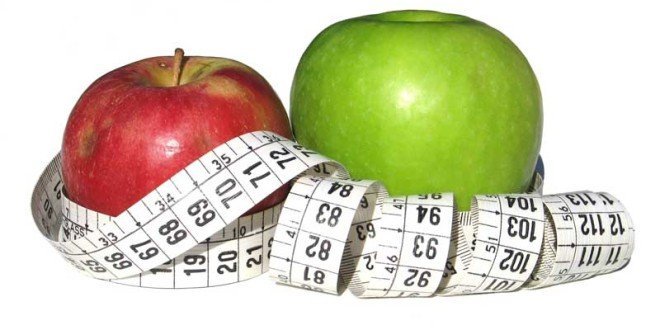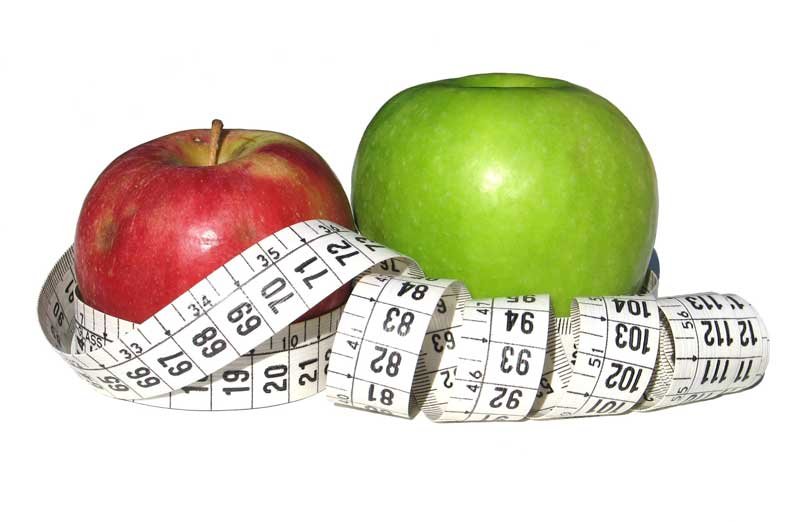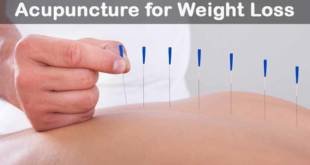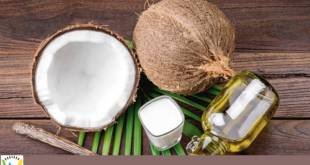Really, calcium and weight loss? Yep, according to recent research it seems as if calcium really can help you to lose weight.
Researchers at Purdue University in the US have conducted a study on young women who were a normal weight. They found that the women lost around 6lbs over two years by taking 1,000mg of calcium a day.
That’s the amount of calcium found in approximately one and a half pints of milk.
The US National Institutes of Health reviewed a number of studies that researched the link between dietary calcium and weight loss and found that people who lost the most weight had the highest intake of calcium.
Calcium and Weight Loss
Conversely, they also found that lower calcium intakes were generally found in overweight people.
Researchers at the University of Tennessee found that higher calcium diets increased fat burning by the body and that low calcium diets resulted in increased fat storage.
They also found that dietary calcium in the form of dairy products were more effective at reducing fat storage than calcium supplements.
The conclusions from the published research seem to suggest that without an adequate intake and store of calcium, the body cannot properly metabolise fat.
Whilst the research on the link between calcium and weight loss is promising, more research is needed and the weight lost in the short term is modest.
However, every little helps in the battle of the bulge and anyway, the benefit of calcium for healthy bones is well-proven!
So, What Are the Best Sources of Calcium…?
Probably the best known source of dietary calcium is milk. However, many people are sensitive or in some cases intolerant to lactose, the sugar found in milk.
Around half of white adults and up to 95% of people of Asian, african-caribbean and far eastern origin have a lactose sensitivity.
What does that mean? Well, your body doesn’t produce enough of the enzyme, lactase that digests lactose. As a result you can feel lethargic, bloated, flatulent and have runny stools. In some cases you can feel nauseous.
I’m lactose sensitive and whilst I can drink milk in a few cups of tea, any more than that and I’m in trouble! Believe me, it’s not pleasant.
Dairy products such as cheese and yoghurt are also good sources of calcium and are lactose free as the lactose has already been digested by naturally occurring enzymes.
Lactose free cow’s milk is now becoming more widely available in supermarkets.
Soya milk, which is fortified with calcium is a good alternative to milk as it’s lactose free.
There are actually better sources of calcium than milk.
Leafy green vegetables like kale are rich in calcium with around 100mg in an average cooked portion. An orange contains around 50-60mg, a portion of salmon (approx 3-4oz) contains around 80mg.
Beans and meat are also good sources.
The downside to calcium in your diet is that your body’s not very good at absorbing it. Vitamin D is essential for effective calcium absorption and magnesium helps too.
Magnesium is found in leafy green vegetables as well as cereals and grains, nuts, and bananas for instance.
Do You Need a Calcium Supplement…?
Theoretically, if you eat the ideal balanced diet you should easily be able to get enough calcium from your diet.
However, if you don’t consume a great deal of milk and dairy products, leafy green veg, salmon, etc on a daily basis then a supplement may be a good idea.
Research suggests that the optimal daily intake of calcium is around 1,000-1,500mg. This is similar to the amount that participants in calcium and weight loss trials took. A decent supplement will contain this amount.
Calcium citrate is better absorbed than calcium carbonate and supplements should contain vitamin D for maximum absorption.
 Weight Loss for Busy People Best Fitness Blog
Weight Loss for Busy People Best Fitness Blog




